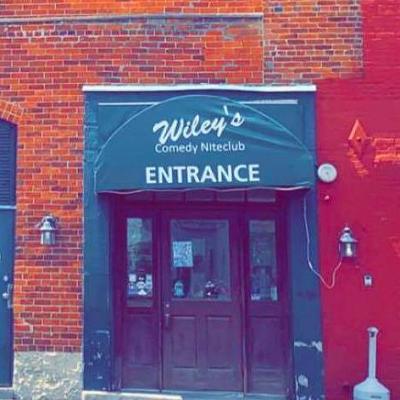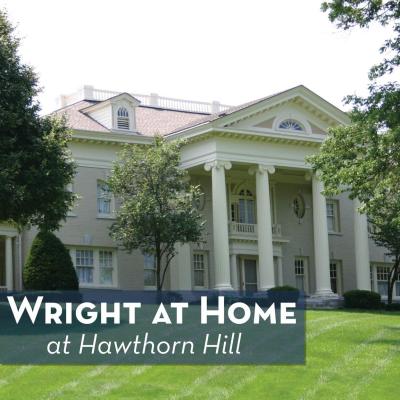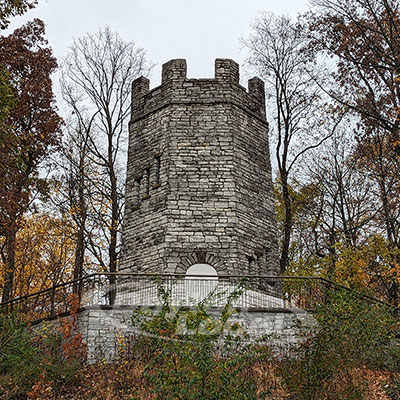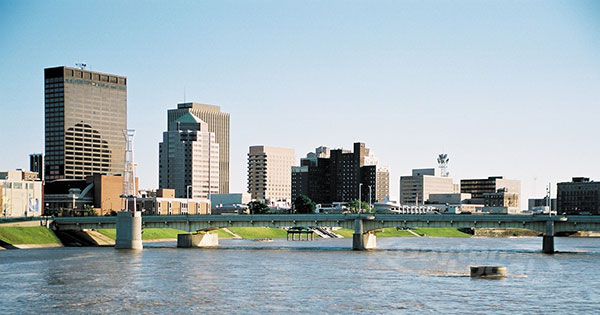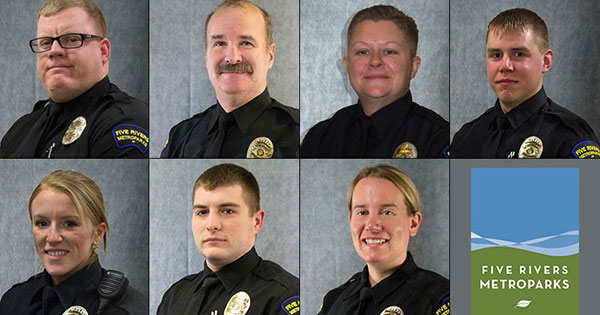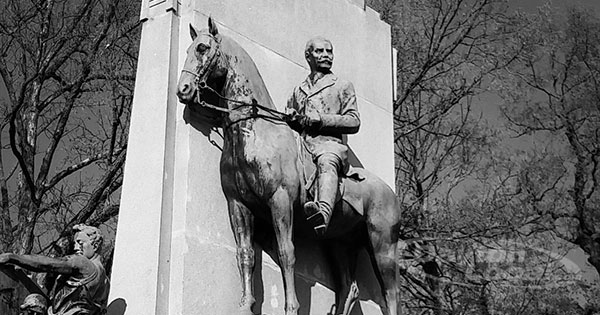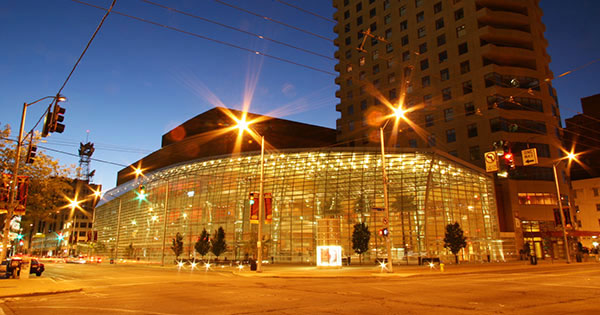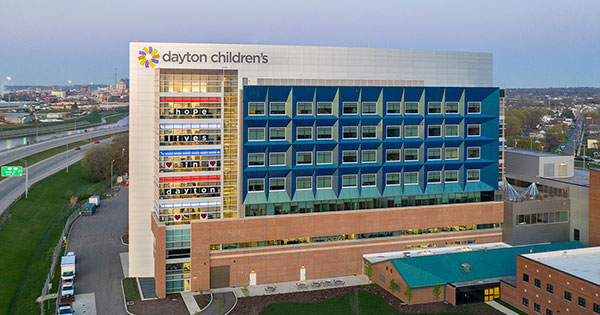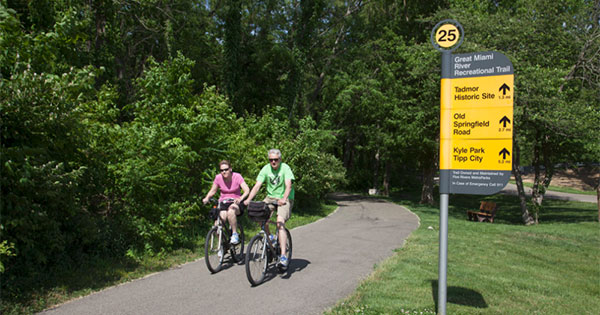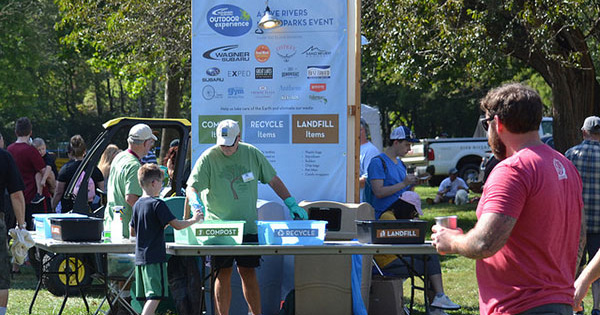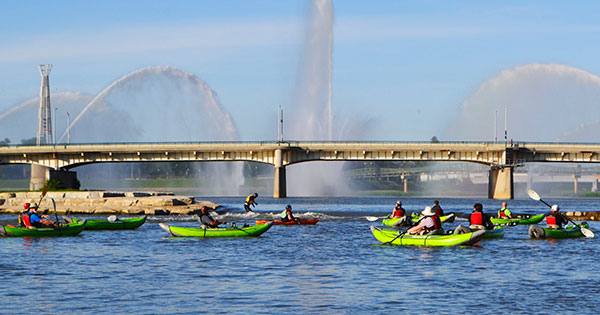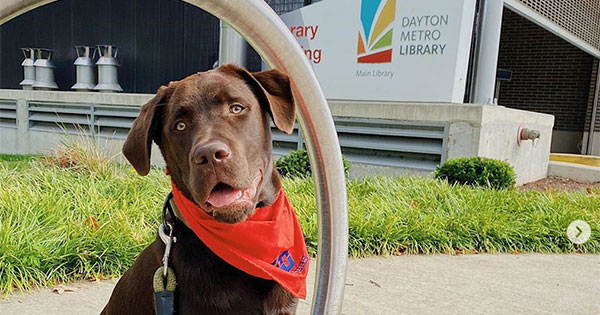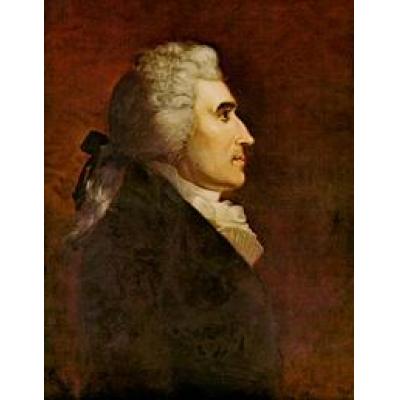
Have you ever wondered where Dayton got it's name? We did, and Northmont H.S. senior Cody Shuster volunteered to find out and tell us.
Who is Jonathan Dayton?
The namesake of our city, Jonathan Dayton, was born in Jersey, on October 16, 1760. He left New Jersey University (today known as Princeton University) in 1775 left New Jersey University to enlist in the New Jersey militia and served in the Revolutionary War. As a member of the militia, he rose to the rank of Captain, participated in Yorktown in 1781, and fought in both the New York and New Jersey campaigns. Dayton served in the Continental Army for eight years, and during this time became convinced that our country needed a strong central government in order to better serve and protect our nation.
According to Groningen University, Dayton’s view on government most likely evolved from his service in the Continental Army, where he had firsthand experience of the consequences coming from weak political leadership. Dayton was believed to have thought the government should defend individual freedoms while remaining in the parameters of a social hierarchy. On top of that, Dayton wanted to protect the rights of small states and wanted organizations crucial for future prosperity to remain under the people’s control, as long as the nation had a strong central government to lead it.
Dayton was a member of the New Jersey General Assembly from 1786-1787. In 1787, Dayton’s father, Elias, was selected to be a delegate for New Jersey at the Constitutional Convention, but he declined the offer in favor of his son taking the position instead. This decision made Jonathan the youngest delegate to the convention.
After his first term representing New Jersey, Dayton was elected to a seat in the first Congress where he was in the New Jersey Council (1789) and the Assembly (1790). When he was elected to the U.S. House of Representatives again in 1790, Dayton remained there until his fourth term was over in 1799. During his last two terms, he served as the Speaker of the House. After his term at the House was over, Dayton was elected to the Senate, where he served from 1799 until 1805.
In 1796 when the city was established, Dayton owned 250,000 acres in the Great Miami River basin in partnership with Arthur St. Clair, James Wilkinson and Israel Ludlow. Despite never visiting the area, it is for this reason, and all of his military, public service, and law achievements, the city of Dayton, Ohio was named after and serves as a monument to the one and only Jonathan Dayton.


